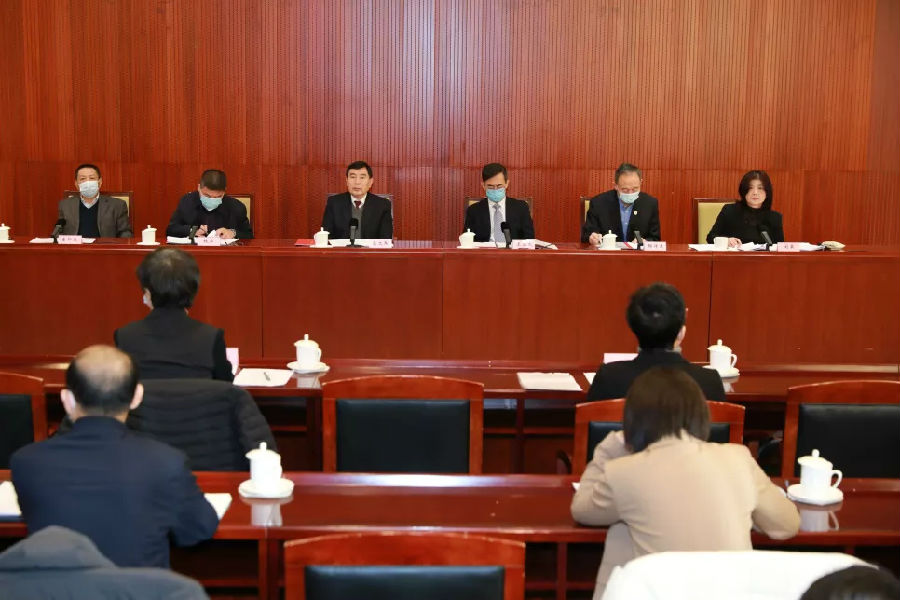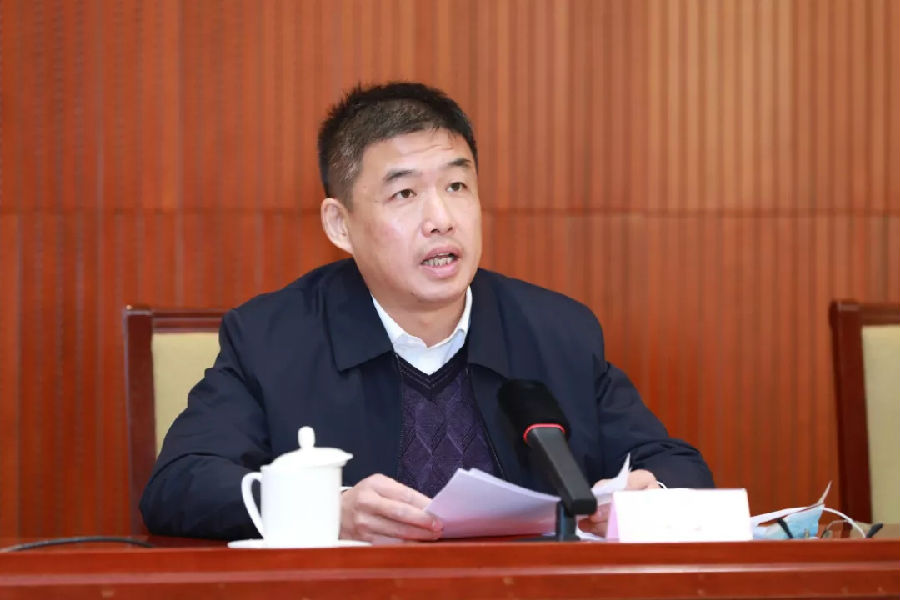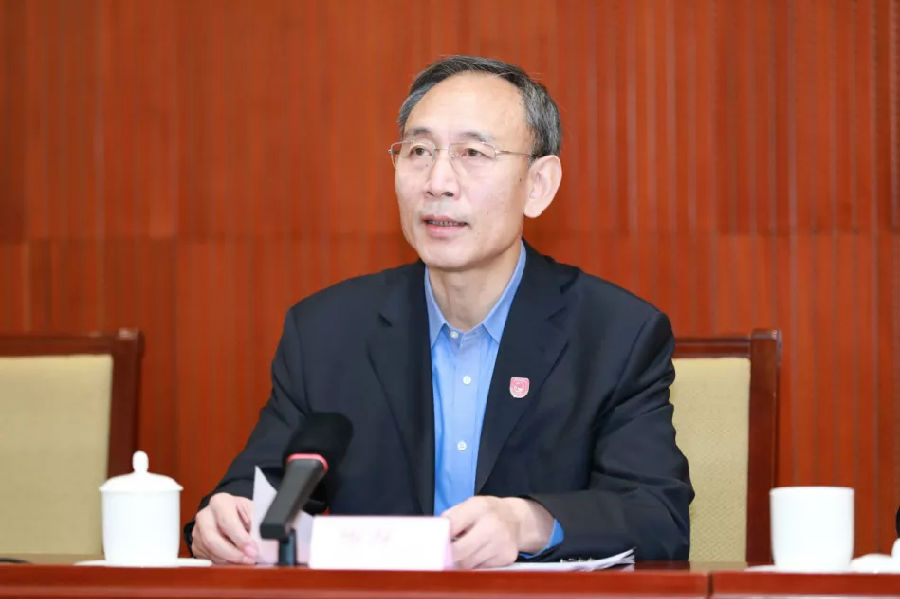A general opening ceremony for the 2021 National Lifelong Learning Activity Week was held on the morning of 23 November 2021 by means of video conference at a “main venue” located in the Ministry of Education plus37 branch venues.
The event was aimed at implementing the guiding principles of the 19th National Congress of the Communist Party of China (CPC) and its plenary sessions, putting into practice the important speeches of General Secretary Xi Jinping on education, and providing support for the realisation of the objectives of building a lifelong learning educational system for all people, accelerating the construction of a learning society, and creating a powerful educational country.

National Lifelong Learning Activity Week had the theme of “Celebrating the Centenary of the Founding of the CPC and Opening a New Chapter on Lifelong Learning.” It actively guided local authorities in carrying out an extensive campaign to disseminate lifelong learning concepts, engaging in technical skill training, and launching national learning service activities via online and offline means in combination with local realities. Local authorities were also encouraged to kick off special activities on “Helping the Elderly with Smart Technology” and launch activities to promote and share community education courses offered by competent people who can serve as teachers, helped by the Open University of China (OUC).

Lin Yu, deputy director of the MOE Department of Vocational and Adult Education, made a speech and announced the opening of 2021 National Lifelong Learning Activity Week. Gao Wenbing, president of China Adult Education Association (CAEA), and Mr Shahbaz Khan, director of UNESCO Cluster Office in Beijing, also delivered speeches. Qin Changwei, secretary general of the National Commission of the People's Republic of China for UNESCO, read out a list of “Common People Learning Stars with Particularly Moving Deeds.” Cui Bangyan, executive vice president and secretary general of CAEA, read out a list of “Most Popular Lifelong Learning Brands among Learners.” Liu Ying, a second level inspector of the MOE Department of Vocational and Adult Education, and director of the MOE Continuing Education Office, presided over the general opening ceremony.

Ju Chuanjin, OUC vice president and director of the MOE Community Education Research and Training Centre, and Liu Chen, deputy secretary of the OUC Party Committee, were invited to the general opening ceremony. Ju Chuanjin made a keynote speech on “Sharing Community Education Resources and Encouraging Competent People to Be Teachers.” He said that the MOE Community Education Research and Training Centre, by making joint efforts with other institutions, has launched the “Community Education Resource Sharing Action” and set up an official account for its “Online Community Education Lecture Library,” which provides thousands of outstanding courses. The OUC has independently developed a “Community Cloud Classroom,” further explored and innovated mechanisms for the co-construction and sharing of community education resources, and directly delivered high-quality course resources to neighbourhoods and households. During the Covid-19 prevention and control period, the centre spread scientific epidemic prevention knowledge, and provided epidemic prevention and control education and psychological counselling for older people by working with relevant units and opening and sharing learning resources. It also provided parents with education courses to help establish a harmonious parent-child relationship. Community educators also worked in communities in the fight against Covid-19. Finally, Ju read out a list of the first 38 institutions participating in the community education resource sharing activity.
Ju Chuanjin pointed out that the high-quality development of community education requires the support of good learning resources, good teachers, and courses with unique characteristics. In October 2021, the MOE launched an activity to promote and share “Lectures Taught by Competent People,” a community education course with unique characteristics. He hopes that other local branches would learn from the Chengdu, Anhui, and Fujian branches and find talented people in neighbourhoods to serve as teachers. He further hoped that they would fully integrate human resources, develop community education courses with unique characteristics, develop practical and innovative projects, and make contributions to constantly improving people’s sense of happiness, acquisition, and security.
At the general opening ceremony, a video on typical experience exchanges in terms of the promotion and sharing of courses with unique characteristics in community education produced by the OUC, “Lectures Taught by Competent People,” was broadcast. The OUC’s work in promoting lifelong learning for all people by using of its advantages in informatisation and resources for many years, as well as the effort made by the MOE Community Education Research and Training Centre in promoting community education, was also recognised at the ceremony.
Nearly 1,000 people, including persons responsible for continuing education, related departments, provincial Open Universities, and community education guidance service centres attended the meeting via video means in sub-venues established in education departments (education commissions) in 37 provinces, autonomous regions, and municipalities directly under the central government.
By OUC